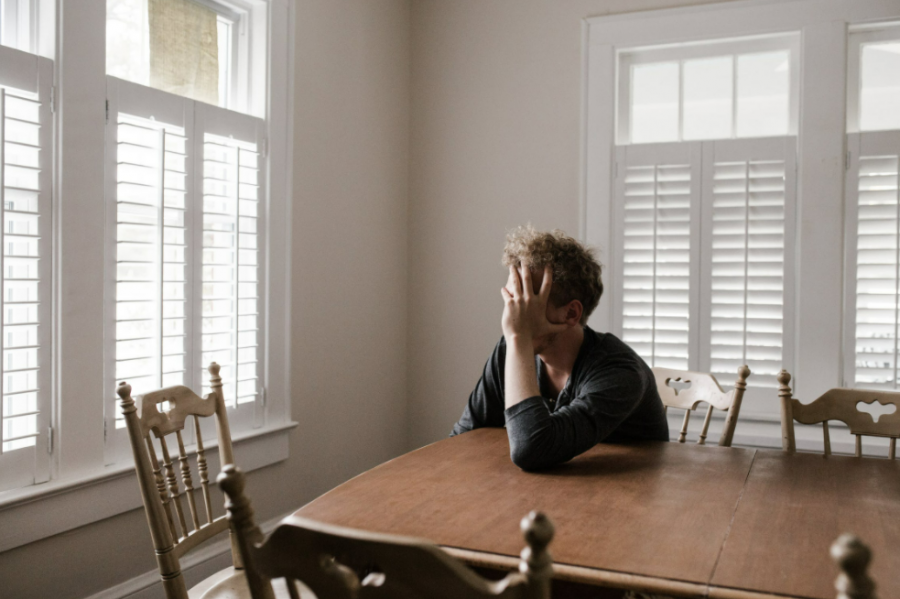While bankruptcy sounds like a bad word, for many, it can provide a new financial start when used properly. It may hurt your credit at first, but in the long run, it gives you the chance to increase it by eliminating the debt. However, how do you know when it’s time to file for bankruptcy? Here are some signs that you should start to seriously consider filing for bankruptcy.
You Have Increased Credit Card Usage
When the money gets tight, you may feel unsure what to do. You know that it’s not always wise to use your credit cards to cover too many expenses, but it may be your only option. When turning to credit cards becomes your only option, the increase in credit card usage will continue until you max your cards, greatly impacting your credit score.
You Have Been Late on Bills
Paying your bills late will lead to serious problems for you. You may have late payment information sent to the credit bureaus, and it will negatively affect your credit score. You may have your services and utilities shut off, and if you let your rent or mortgage get too far behind, you may even lose your home.
You Have Bill Collectors Calling
When your debts are high, bill collectors start to call more often than your mother. They may call every day or even several times a day until you make the decision to shut your phone off or even change your number. However, this means that you won’t have access to your phone when it matters. Don’t miss out on important calls.
According to bankruptcy law, filing for bankruptcy means that debt collectors must stop calling you. Talk to a lawyer about filing. They will also be able to help you if collectors don’t stop calling you after you’ve filed.
You Have Zero Savings
You built a savings account for rough times. However, when those rough times deplete your savings, what are you supposed to do next? You need a savings account in tact for the next emergency. Bankruptcy should give you the chance to start saving again by eliminating some of the debt you have to pay off every month.
You Have Steady Income
In order to file for bankruptcy, you need regular income. The courts set up a payment plan for you to pay back debts, and you need to be able to make payments each month. To do that, you need a job or some sort of money coming in every month that isn’t an unemployment check. If you’ve lost your job and don’t have an income, it’s not time to look into bankruptcy yet.
Bankruptcy will wipe away qualifying debt to give you the opportunity to rebuild your finances. Without the crippling debt, you can start saving again and looking forward to the future. Bankruptcy can even help keep you in your home in some cases. If you are thinking about bankruptcy, talk to a bankruptcy lawyer to learn how it can help you.

